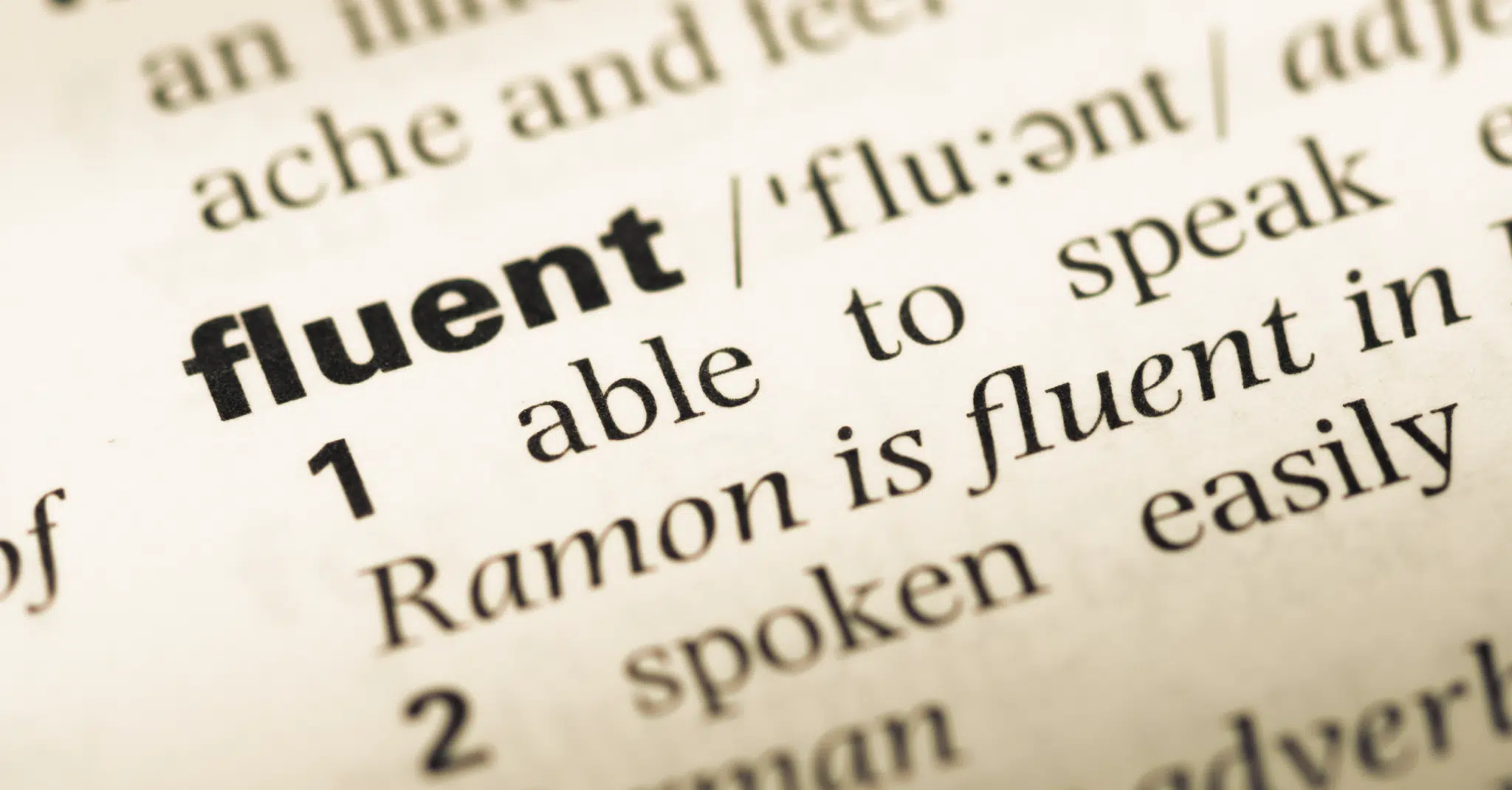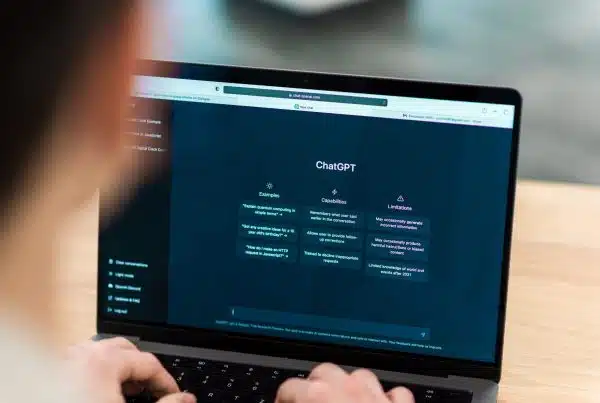Language Proficiency: What’s the Difference Between Fluent and Intermediate?
Learning a new language is an exciting and challenging process. Each new letter, word, phrase, or concept studied builds on top of each other, leading to a prolific knowledge of a new language. People who have studied a new language and are rising through the proficiency benchmarks might ask the question “What’s the difference between fluent and intermediate levels of proficiency?”
The Fluent Level of Language Proficiency
Fluency is defined as “being able to speak and write quickly or easily in a given language.” In general, when someone is considered fluent in a language, they have the ability to speak the language near perfectly but could require more concentration and time to formulate in-depth thoughts and understand slang terms.
Let’s say that you’ve spent a significant amount of time studying and practicing Mandarin before a trip to China. Once you arrive, you can speak with the native speakers of the city you are visiting in a way that flows naturally. You may not be able to pick up and understand every word or concept you encounter while speaking Mandarin with the people you meet, but you know the language enough to communicate freely. In this situation, you would be considered a fluent Mandarin speaker!
The Intermediate Level of Language Proficiency
Language students who find themselves in the intermediate level of language proficiency are not quite at the fluency benchmark, but they are well on their way! At this stage in the learning process, language speakers understand core concepts, can form basic sentences, and can speak and write clearly regarding familiar topics. Also, intermediate-level speakers do not need to rely on memorized words or phrases, as they are able to rely on their own understanding of the language to put together words and create new meanings.
Let’s use a trip to China as an example again. If you were at an intermediate knowledge level of the Mandarin language, then your communication with local people wouldn’t necessarily flow naturally, but you could communicate the basics. You wouldn’t have trouble ordering food, getting directions, or sharing information in an emergency situation. In conversations, your sentences would be clear to understand and very basic in nature.
Understanding the Language Proficiency Journey
Learning a new language is a journey that takes time, patience, and practice. While your goal might be to become fluent in a new language before visiting its native land, it’s important to understand that you will naturally progress from level to level at the speed at which you fully comprehend and perfect your speaking of the language. It takes a lot of love and commitment towards the language to become intermediate and fluent.








